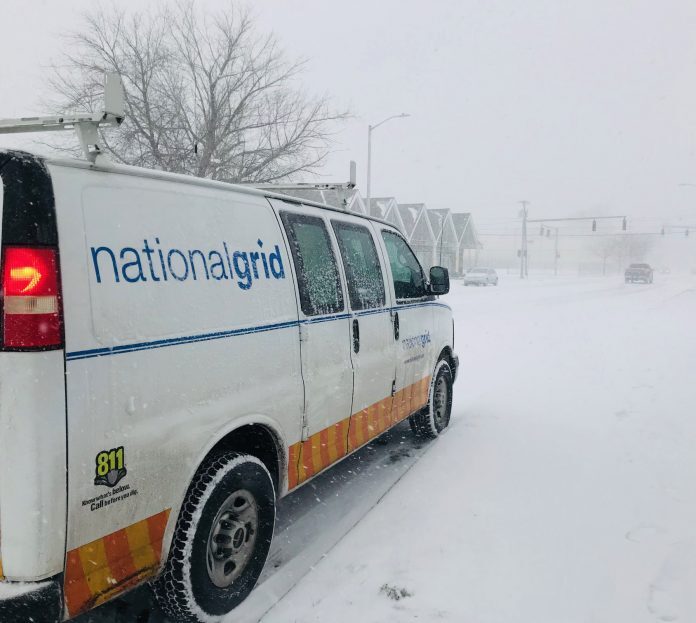WARWICK – Rhode Island regulators Wednesday approved a package of residential, commercial and industrial electricity rate increases for the winter as requested by National Grid Rhode Island, the state’s largest utility company.
The three-member state Public Utilities Commission voted unanimously for the rate increases for the six-month period from October through March.
While higher than the currently effective summer season rates, the newly approved rates for the upcoming winter season are below the rates for last year’s winter season, according to figures provided by National Grid.
When measured against National Grid’s currently effective summer electricity rates, the estimated monthly bill for a residential standard offer service customer using 500 kilowatt hours will increase by 8% or by $8.95.
For small commercial customers, monthly bill increases will range from 4.8% to 6%, depending on electricity usage.
Medium-sized commercial and industrial customers will see monthly bill increases from 10% and 14%, depending on size and usage, according to National Grid.
National Grid said this year’s winter increases are less “impactful” to customers than the winter rates in the previous two years.
For example, last winter’s standard offer service rate for residential customers was 10.990 cents per kilowatt hour. That was reduced to 10.957 cents per kilowatt hour for the upcoming winter, National Grid said.
Last winter’s standard offer service rate for small commercial customers also was 10.990 cents per kilowatt hour. That was reduced to 10.248 cents per kilowatt hour for the upcoming winter.
Last winter’s standard offer service rate for medium-size commercial customers was 11.880 cents per kilowatt hour. That was reduced to 10.248 cents per kilowatt hour for the upcoming winter, according to National Grid.
In addition, last winter’s rate for industrial customers was at a three-month average of 0.08837 cents per kilowatt hour. That was reduced to a three-month average of 0.08771 cents per kilowatt hour for the upcoming winter.
However, unlike other categories of customers, most industrial customers opt to get their electricity from the competitive supply market.
Otherwise, the electricity supply rates represent the cost at which National Grid buys electricity and delivers it to customers, which the company said is passed along without a mark-up.
At the discretion of the Public Utilities Commission, electricity rates are adjusted twice a year – one set for the summer season and another set for the winter season.
National Grid said it is common for electricity supply prices to rise in the winter because of continuing constraints on natural gas pipelines serving the region. More than half of New England’s electricity generation is fueled by natural gas.
“Unlike the past two winter seasons, which saw double-digit percentage increases on a typical residential monthly bill, this year’s increase will be less substantial,” National Grid Rhode Island President Terry Sobolewski said in a statement.
Scott Blake is a PBN staff writer. Email him at Blake@PBN.com.













